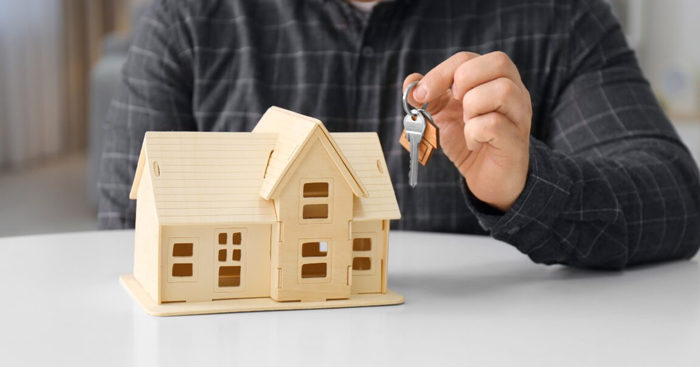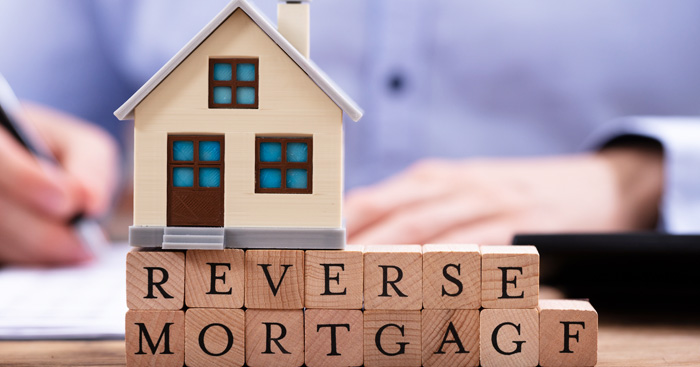Your home is an investment, and a source of money ready to help with improvements, education repairs, and emergencies. Using your home’s equity can be a quick and easy way to improve a financial situation and pay for surprise costs.
Home equity is the market value of a your home, excluding any liens that may still be attached to it. Home equity is the personal wealth you hold in your house, the total accumulated value. Home equity is an asset you can use to borrow against in some loans. Home equity, simply put, is like a second mortgage secured by your house, where you can borrow money using your home as collateral. It is the portion of your home you have already paid off.
To figure out the amount of home equity you have check what you still owe on your mortgage. Then find out what your home’s total value is. The resulting difference is the amount of home equity of your home.
Home equity is built up from you paying down your home’s loan, as well as any property appreciation that accumulates over time. You can always sell your home to get cash from your equity t, but there are alternatives to get the funds without selling. Using home equity is usually saved for big, or unexpected expenses, and are more cost-effective than using a credit card or a personal loan with a high interest rate.
Five Reasons to Use your Home Equity
Here are five simple reasons you may need to tap into your home equity loan:
- Tuition: You can use your home equity to pay for college or university costs if you find out it has better interest rates than the student loans. There is a possibility the payment amount could be reduced and the term extended.
- Investments: If you are looking for a viable way to finance investments, and know the investment is a good one, home equity can provide needed funds. If you wish to invest in real estate, for example a vacation home, home equity could be beneficial for the down payment. It is not recommended to use home equity for things like the stock market.
- Debt consolidation: Using Home Equity can help you get out of debt faster. If you have several debts with high-interest rates, causing you difficulty in making payments, debt consolidation can save you money. It can put everything into one payment with lower interest rates and longer terms.
- Emergency funds: Even though it’s recommended to have three to six months of funds for living expenses set aside, that just isn’t possible for many people. Home equity can be used for sudden emergencies. There may be a wait-time, so it may not be the best for time-sensitive obligations. Using home equity for emergencies would work well for temporary emergencies, like when you’ve lost your job or have medical costs.
- Renovations or Improvements: this is probably the most common reason people use home equity loans. Not only does renovations or improvements make the house better to live in, it raises the house’s value and creates more interest from buyers when or if you sell it.
Types of Home Equity Loans
There are two different types of home equity loans, but both are based on a borrower’s home equity.
Home Equity Loan: This is a fixed-term loan. The lender gives it to a borrower based on borrower’s home equity. It is for a set amount, and is given in a one-time lump sum. The Home Equity Loan has a fixed payment rate and fixed interest rate for the loan’s term. If you know the amount of funds you need to borrow, and want to budget better by having fixed rates and monthly payments, this loan would work for you. The Home Equity Loan is great for helping with large expenses, has predictable rates and payment plan, and is good for consolidating debts and lowering interest rates.
Home Equity Line Of Credit: A Home Equity Line of Credit, is a credit line allowing a borrower to take out needed funds, up to a certain amount. There is a preset limit to this loan, but the borrower can make payments and take out the money again. This is good loan if you have excellent credit, and are aiming to get low interest rates, as well as reduce payments. A Home Equity Line of Credit, or HELOC, is a good option if you are doing improvements or renovations and don’t know how much you will need financially. You can tap into this credit line as many times as you need until the term ends. The minimum payment for the borrower can also change as the amount being used changes. A HELOC is very flexible, has lower interest rates compared to other loans, and has money available whenever you need it. You don’t have to apply for a new loan each time you need money, and you only pay interest on the amount you withdraw.
Home equity gives home owners great saving and financing opportunities as it often is a better choice than using personal loans and credit cards. It gives every homeowner the opportunity to grow their own wealth



